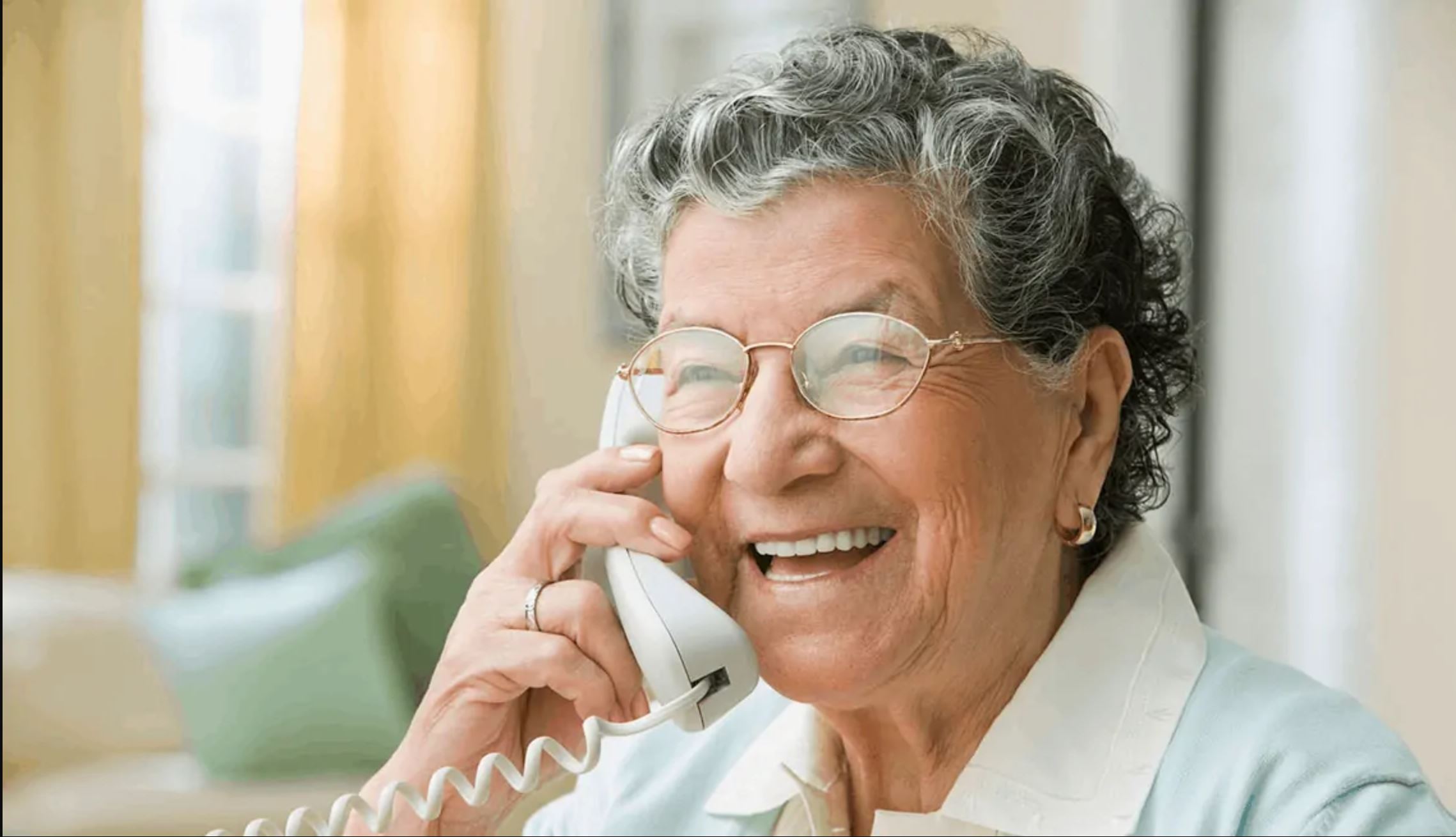Each day, as the numbers of those affected by the COVID-19 pandemic escalate, one thing is clear: no matter where they live, the elderly face the highest risk.
Older adults have been instructed to limit face-to-face interactions with individuals outside their immediate household to protect themselves from COVID-19. COVID-19 has forced many family members to end visits to parents and grandparents or stop visiting older loved ones at nursing homes and assisted living facilities.
The implementation of physical distancing is an essential step in reducing the transmission of the virus. Physical distancing may be causing social isolation and loneliness. Although loneliness and social isolation can affect anyone regardless of age, the elderly are particularly vulnerable, especially under the current conditions of the pandemic.
For those who attend the South End Wellness Senior Center (SEWSC) in Hartford, CT, their regular schedule of attending the center for socialization and activities such as Tai Chi, fitness, sewing, and jewelry classes, and various presentations abruptly came to an end when the facility had to shut down due to the pandemic. The SEWSC serves over 60 seniors a day and prepares lunch daily for to 25 – 35 seniors following the Elder Nutrition Program.
Recognizing that these seniors would be negatively affected by this change, Petra Clark-Dufner, Associate Director, CT AHEC Program jumped into action to work with Francis Sadowski, Director of SEWSC and Liany Arroya, Director of Hartford’s Department of Health and Human Services, to pilot the Geriatric Surveillance Program through the Urban Service Track/AHEC Scholars Program.
The Urban Service Track/AHEC Scholars Program located at UConn Health is designed to produce a cadre of well-qualified health care professionals through prevention and primary care in Connecticut’s urban underserved communities. As Urban Health/AHEC Scholars, participants represent a select group of students enrolled in the UConn Schools of Pharmacy, Nursing, Medicine, Dental Medicine, Social Work, and Quinnipiac University’s Physician Assistant (PA) Program.
“The AHEC Program has worked with the SEWSC for over a decade and the team is like family to us,” says Bruce Gould, MD Associate Dean for Primary Care and Director of CT AHEC.
The Geriatric Surveillance program included 65 student volunteers from the UConn School of Medicine and Quinnipiac University PA program who reached 130 seniors over 500 phone calls. The calls followed a prompt that checked COVID-19 symptoms and contact with those who may have been infected. There was also an assessment for basic needs and 25 seniors were provided resources through 211 of CT. Supporting the students was a dedicated pool of preceptors available to answer COVID-19 questions and concerns.
For members of the Senior Center, David, Inilda, Sue, and Catherine, the calls were a blessing.
David, who misses his Tai Chi classes at the center appreciated the calls he received. “Just the call is a simple thing, but makes a big difference.”
He enjoyed speaking with Christian, and as a retired physical therapist, he was able to give Christian some advice about what to expect in the medical field.
Inilda teaches the jewelry classes and is an active member of SEWSC Advisory Board. While her family visited a few times a week, she found that being in the house all the time she was feeling lonely and depressed and the calls helped make her feel connected.
“I miss my center so much,” says Inilda. “I looked forward to the calls, it was a nice experience. She helped answer questions about COVID and made sure that if I was going out I was protected and followed protocols.”
Sue has someone who takes her shopping and her children visit, however, she thought that it was helpful that the students were checking in on them as well.
“I enjoyed speaking to Tiffani, and learning about her as a potential doctor, says Catherine. “She always called back when she said she would, it was so nice.”
Health professions students Tiffani-Amber Miller (UConn), Elena Navedo (UConn), Alexandra Holmes (Quinnipiac), and Apoorva Sajan (Quinnipiac) all agreed they needed to find a way to give back during the pandemic and this was the perfect opportunity to do so.
Navedo, who is bi-lingual was assigned a group of five Spanish speaking seniors. “There is a large number of Spanish speaking seniors and it is important when they receive these calls that they feel as comfortable as possible, by speaking with them in their native language,” says Navedo.
Miller was home in Florida and was able to make her calls from there. Catherine was part of her group and it was a pleasure to learn more about her and connect during their conversations.
“Reaching out to this population is so important as they are not only at risk, but it’s really important that they have someone to talk to,” says Miller.
Navedo highly recommends the 211 phone line or 211CT.org as an excellent resource for those who have any needs or questions. She was able to help one of her group members with a dental issue that could have turned into serious medical issues if not cared for.
Sajan was impressed with the program and thought it was a wonderful way to help the elderly population that is most vulnerable and often forgotten about.
“Experiences like this will make health professions students better health care professionals,” says Clark-Dufner.
As the elderly population grows with the baby boomer generation, Sajan feels it’s important that those going into the health care field learn how to interact with the geriatric population.
“It helps you on a psychological level that someone who cares is calling and taking time to talk to you and share information,” says David.
Clark-Dufner and Sadowski agree that the pilot program was a success and they look forward to continuing and expanding the program in the fall and winter to meet the needs of older adults engaged in Hartford senior centers.



